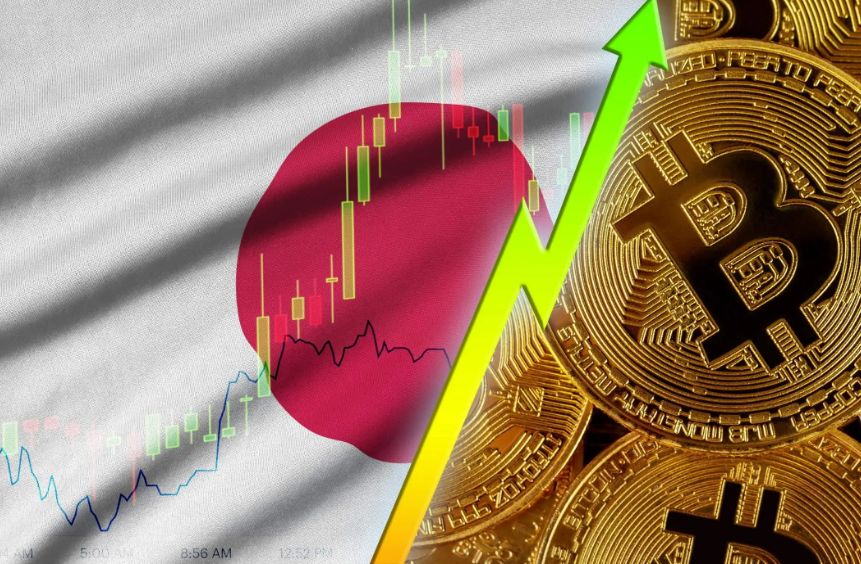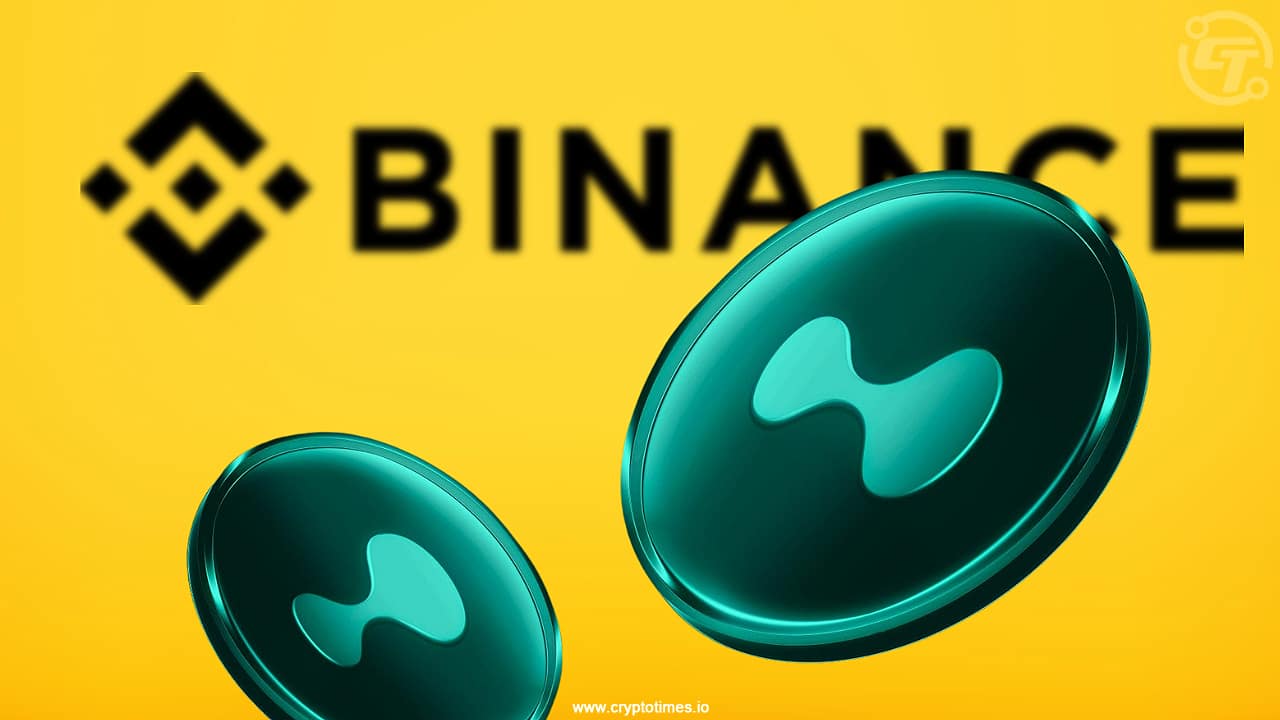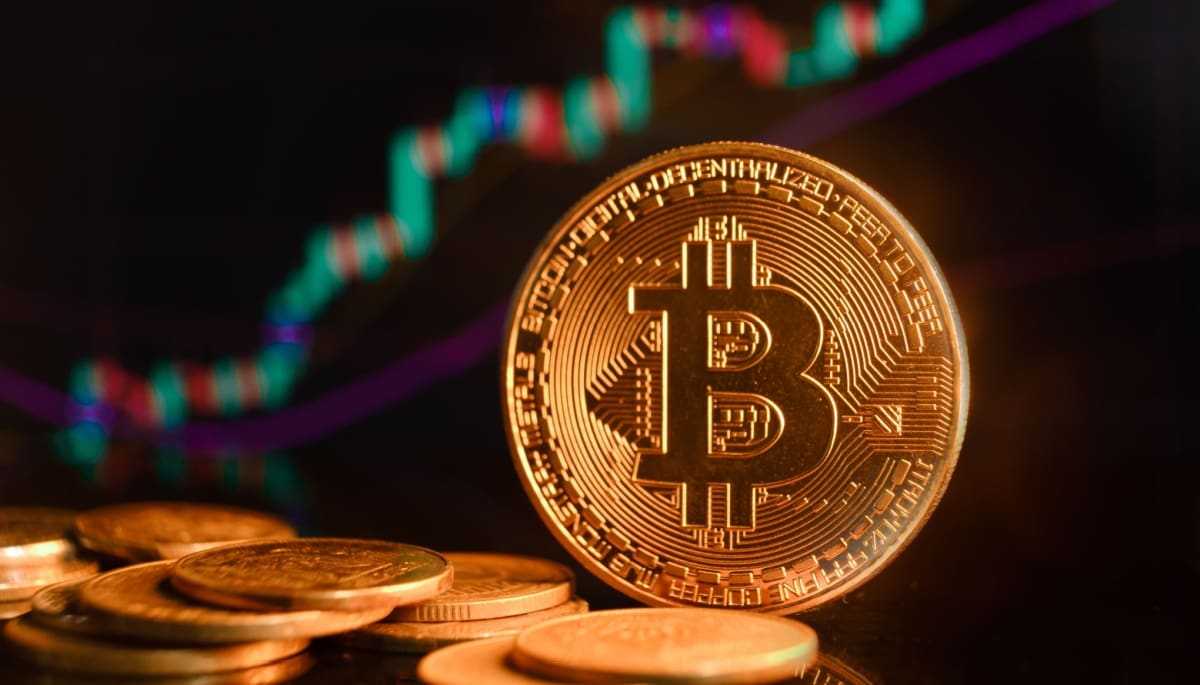Bitcoin: Arthur Hayes Predicts Massive Rally from BOJ Policy
Could a central bank’s decision halfway across the world trigger the next big move in cryptocurrency? That’s the intriguing possibility raised by BitMEX Exchange co-founder, Arthur Hayes. He suggests that a specific action from the Bank of Japan (BOJ) could unleash a significant rally for and other risk assets. This isn’t just idle speculation; it ties into the complex interplay between global monetary policy and the crypto market.
Arthur Hayes is a prominent figure in the cryptocurrency space, known for his often provocative and insightful macro-driven analysis of the crypto market. As a co-founder of BitMEX, one of the early major crypto derivatives exchanges, he has a deep understanding of market mechanics and liquidity flows. His views are closely watched because he often connects the dots between traditional finance, central bank actions, and their potential impact on digital assets like . When Hayes speaks about macro factors influencing crypto, the market pays attention.
While many central banks globally have been aggressively tightening monetary policy to combat inflation, the (BOJ) has largely remained an outlier. For years, the BOJ has maintained ultra-low interest rates and pursued extensive asset purchase programs – a form of – to stimulate its economy and fight deflation. This dovish stance contrasts sharply with the rate hikes seen from the U.S. Federal Reserve, the European Central Bank, and others. This divergence in policy is key to Hayes’ thesis.
(QE) is essentially a tool central banks use to inject liquidity into the financial system. By purchasing government bonds or other assets, the central bank increases the money supply and lowers borrowing costs. The theory is that this encourages lending and investment, stimulating economic activity. However, a common side effect of prolonged QE is that it can lead to excess liquidity sloshing around the global financial system. This excess capital often seeks returns in riskier assets, including stocks, commodities, and, increasingly, cryptocurrencies like .
Hayes’ argument is that if the were to not only delay any potential move towards tightening but perhaps even ramp up its QE efforts, it would represent a significant injection of liquidity into a global system that is otherwise seeing liquidity withdrawn by other central banks. This fresh wave of liquidity could find its way into assets like , driving prices higher.
According to reports citing Hayes, the critical window he is focused on is the ‘s monetary policy meeting scheduled for June 16–17. The market is closely watching whether the BOJ will signal any shift away from its ultra-loose stance, particularly regarding its yield curve control policy, which pins long-term interest rates near zero. Hayes suggests that if the BOJ decides *against* tightening at this meeting, or even signals a *continuation* or *expansion* of QE, it could be the catalyst for a significant market reaction.
Why this specific meeting and this specific action? A delay in tightening by a major global central bank, especially one as significant as the BOJ, would be a dovish surprise in a world bracing for more hawkishness. This surprise could release pent-up capital flows, and given the current financial landscape, Hayes believes is well-positioned to benefit from this.
The source snippet highlights a crucial point: rising bond yields and default concerns have already increased institutional interest in as a hedge. In an environment where traditional safe havens like government bonds are becoming less attractive (due to yield volatility or default fears), and where concerns about currency devaluation persist due to central bank actions (even if others are tightening, the cumulative effect of years of QE is still felt), ‘s characteristics as a decentralized, hard-capped asset become more appealing.
Institutions and sophisticated investors look for assets that can preserve capital or offer uncorrelated returns during times of economic uncertainty. The narrative of as ‘digital gold’ or a hedge against monetary inflation and systemic risk gains traction in such periods. If the ‘s actions signal a continuation of policies that could be perceived as inflationary or destabilizing in the long run (by adding more liquidity), it could reinforce the case for holding , attracting further institutional and retail investment, and potentially triggering the rally Hayes predicts.
Let’s break down the macro forces at play:
These factors create a complex environment where traditional portfolio diversification is challenging. Hayes argues that in this context, a dovish surprise from the could provide the specific jolt needed to send capital towards assets like that are seen as potential beneficiaries of or hedges against these macro trends.
While Hayes’ thesis is compelling, it’s important to consider potential challenges:
Investors should closely monitor the official announcements from the following their June meeting, paying attention not just to interest rates but also to language regarding asset purchases and yield curve control.
Based on this analysis:
Arthur Hayes presents a clear and intriguing case: the ‘s monetary policy decision in June could be the unexpected trigger for a significant rally. His argument hinges on the BOJ’s unique position as one of the last major central banks maintaining ultra-loose policy. Should they delay tightening or resume aggressive , the resulting injection of global liquidity, combined with existing institutional interest in driven by rising bond yields and default concerns, could create a powerful upward force for BTC and other risk assets. While the outcome is uncertain and other factors are at play, Hayes’ analysis provides a valuable framework for understanding how global macroeconomics continues to shape the future of the cryptocurrency market. The world will be watching the BOJ meeting closely.
To learn more about the latest crypto market trends, explore our article on key developments shaping Bitcoin price action.
The information provided is not trading advice, Bitcoinworld.co.in holds no liability for any investments made based on the information provided on this page. We strongly recommend independent research and/or consultation with a qualified professional before making any investment decisions.











